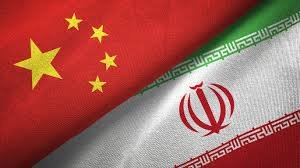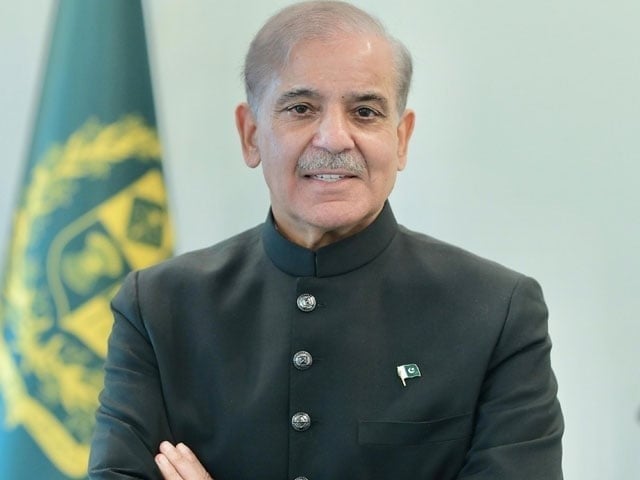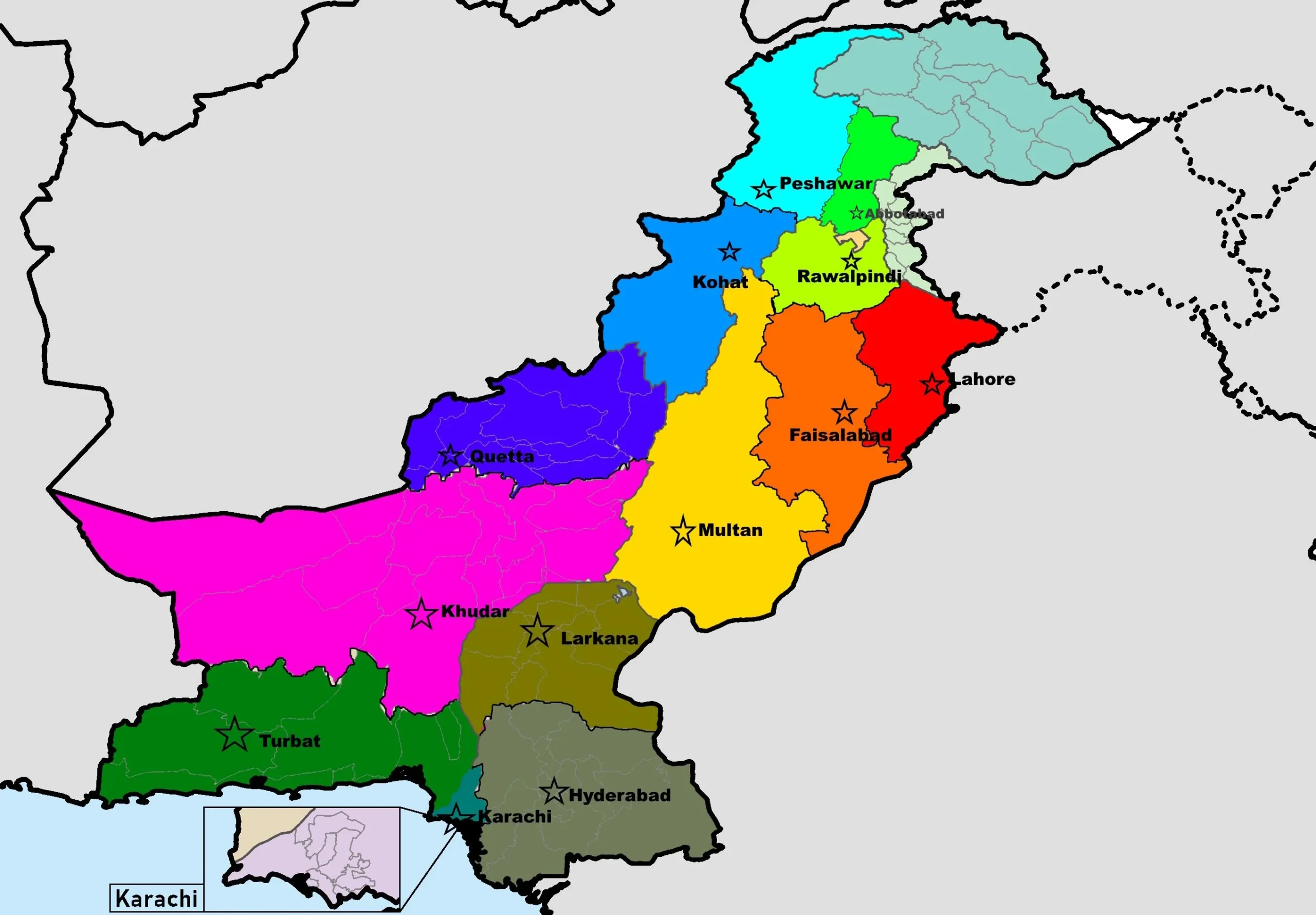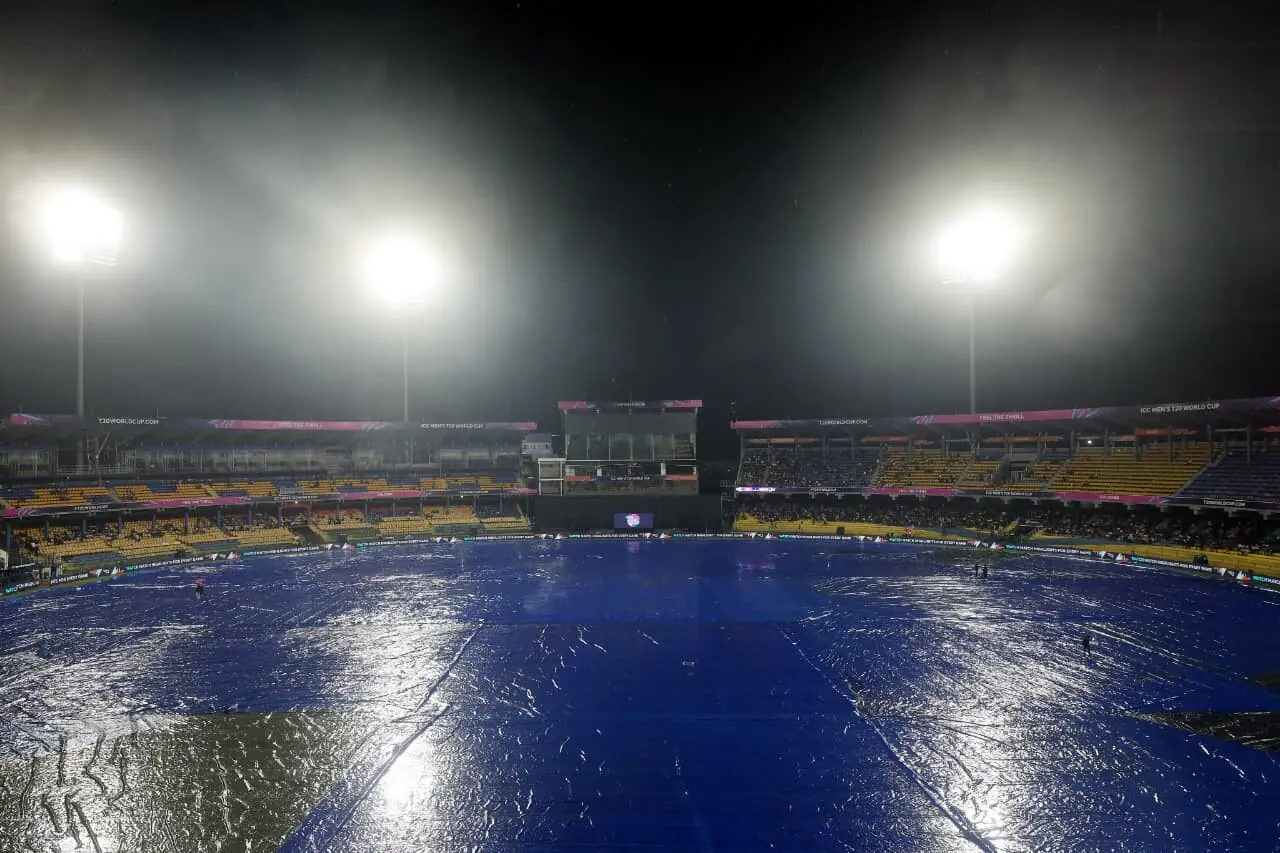Arshad Mahmood Awan
As Pakistan gears up for its general elections, a chilling picture emerges from the World Economic Forum’s Global Risks Report 2024. The report paints a grim future dominated by climate change, stagflation, and debt crises, casting a long shadow on the country’s political landscape. This analysis delves deeper into these challenges and their potential impact on the upcoming elections, urging voters and policymakers to take decisive action.
For Pakistan, a country acutely vulnerable to climate change, the report’s bleak outlook is particularly alarming. The devastating 2022 floods and the ever-present smog engulfing Lahore serve as stark reminders of the immediate dangers. The 1.5°C warming target teeters on the brink of being breached, further jeopardizing Pakistan’s future. This existential threat demands transformative action, not just from the incoming government, but from every citizen.
The incoming government will inherit a precarious economic landscape characterized by stagflation – a toxic cocktail of low growth and high inflation. This, coupled with a burgeoning debt crisis, will severely limit Pakistan’s ability to invest in climate-resilient infrastructure and transition towards a greener economy. The lack of adequate multilateral support and the IMF’s stringent austerity measures exacerbate the situation, leaving Pakistan caught in a seemingly inescapable vice.
The economic manifestos of major political parties currently lack the necessary awareness and commitment to tackle these critical issues. The media, too, fails to provide the depth of discussion and analysis required to inform voters and hold politicians accountable.
The upcoming elections are not just about choosing a government; they are about choosing the future of Pakistan. Voters must demand concrete policies and hold their elected representatives accountable for delivering on their promises. They must critically evaluate the manifestos of each party, prioritizing those that prioritize climate action, economic growth, and debt relief.
Pakistan’s future is not solely determined by the outcome of the elections. International cooperation plays a crucial role in supporting climate action and debt relief efforts. Building climate resilience at the community level, through education, awareness, and adaptation strategies, is equally essential. Finally, social safety nets must be strengthened to protect vulnerable populations from the economic fallout of climate change and stagflation.
Pakistan stands at a critical juncture. The choices made at the ballot box, and the actions taken thereafter, will determine the country’s ability to navigate the treacherous waters of climate change, economic hardship, and debt. By prioritizing climate action, economic growth, and debt relief, and by fostering a culture of informed and engaged citizenry, Pakistan can build a brighter future for its people and the planet. The time for action is now, and the responsibility lies not just with politicians, but with every citizen to demand and work towards a sustainable and resilient future.
Critical Evaluation:
As Pakistan prepares for its upcoming general elections, the World Economic Forum’s Global Risks Report 2024 paints a bleak picture of the world’s future, with climate change, stagflation, and debt crises dominating the landscape. This analysis delves into these challenges and their implications for Pakistan’s political landscape.
Climate Change: The Existential Threat:
The report highlights a pessimistic outlook for the world, with climate change posing a significant threat. For Pakistan, a highly vulnerable country, the consequences are dire. The 2022 floods and Lahore’s smog crisis are stark reminders of the immediate dangers. The 1.5°C warming target is nearing breach, further jeopardizing the country’s future.
The Economic Hurdles: Stagflation and Debt:
The incoming government will face a stagflationary environment, with low growth and high inflation. This, coupled with a severe debt crisis, will limit Pakistan’s ability to invest in climate-resilient infrastructure and transition towards a greener economy. The lack of multilateral support and IMF’s stringent fiscal consolidation policies exacerbate the situation.
Policy Challenges and Solutions:
The economic manifestos of major political parties lack awareness of these critical issues. The media, too, fails to provide adequate discussion and analysis. To overcome these challenges, the incoming government needs to:
- Prioritize climate action: Invest in renewable energy, green infrastructure, and climate-resilient agriculture.
- Implement non-austerity policies: Boost economic growth through counter-cyclical measures to stimulate aggregate demand and supply.
- Strengthen productive capacity: Reduce dependence on imports and inflationary pressures by fostering domestic production through non-neoliberal reforms.
- Seek debt relief: Advocate for increased SDR allocation and debt cancellation from rich countries.
- Increase public awareness: Engage the media and civil society in informed discussions about these critical issues.
The Election Imperative:
The upcoming elections hold immense significance. Voters must choose leaders with a clear vision for tackling climate change, economic stagnation, and debt. They need to demand concrete policies and hold their elected representatives accountable.
A Call for Action:
Pakistan’s future is at stake. The upcoming elections are not just about choosing a government; they are about choosing a future. Voters must demand a government that prioritizes people and planet, one that breaks free from the shackles of debt and stagnation and embraces a sustainable, resilient future. The time for action is now.
Additional Considerations:
- The role of international cooperation in supporting Pakistan’s climate action and debt relief efforts.
- The importance of building climate resilience at the community level.
- The need for social safety nets to protect vulnerable populations from the economic fallout of climate change and stagflation.
Pakistan’s upcoming elections are a pivotal moment in the country’s history. The choices made at the ballot box will determine the country’s ability to weather the storms of climate change, economic hardship, and debt. By prioritizing climate action, economic growth, and debt relief, Pakistan can build a brighter future for its people and the planet.
Please, subscribe to the YouTube channel of republicpolicy.com
















